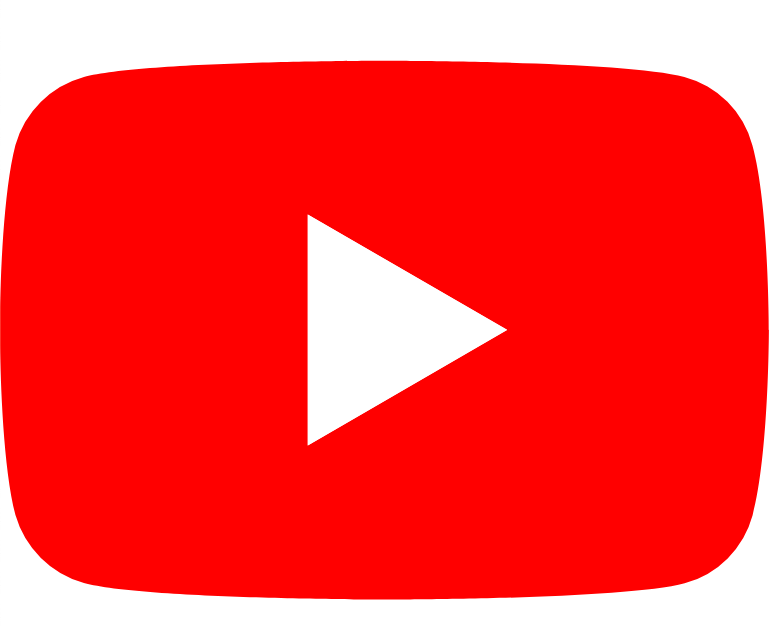Millions of YouTube TV subscribers woke up to a major blackout this week as Disney’s networks—including ABC and ESPN—vanished from the streaming service.
YouTube TV removed Disney’s channels about 30 minutes before the previous carriage deal expired at midnight ET, after the two companies failed to reach a renewal agreement. The main point of contention? Money. Disney is reportedly demanding rate hikes that Google, which owns YouTube TV, refuses to meet.
The blackout impacts local ABC stations, ESPN sports broadcasts like NFL, NBA, NHL, and college football games, as well as any DVR recordings made from those networks. YouTube TV said subscribers could see a one-time $20 credit if the blackout lasts an extended period, with the service’s base subscription costing $82.99/month.
“Last week Disney used the threat of a blackout on YouTube TV as a negotiating tactic to force deal terms that would raise prices on our customers,” a YouTube spokesperson said in a statement. “They’re now following through on that threat, suspending their content on YouTube TV. This decision directly harms our subscribers while benefiting their own live TV products, including Hulu + Live TV and Fubo.”
The spokesperson added, “We know this is a frustrating and disappointing outcome for our subscribers and we continue to urge Disney to work with us constructively to reach a fair agreement that restores their networks to YouTube TV. If their content remains off YouTube TV for an extended period of time, we’ll offer subscribers a $20 credit.”
Reports indicate that YouTube TV began pulling Disney-owned networks from the service starting at 9 p.m. PT on Oct. 30/12 a.m. ET on Oct. 31. However, some users noticed the blackout even before the official deadline.
Disney had warned viewers on Oct. 23 that a carriage dispute could result in the removal of its networks from YouTube TV. The streaming giant, which also operates Hulu + Live TV, recently merged its Hulu live service with Fubo, combining for nearly 6 million North American subscribers. YouTube TV, by comparison, remains the largest internet-TV platform in the U.S. with over 10 million subscribers.

